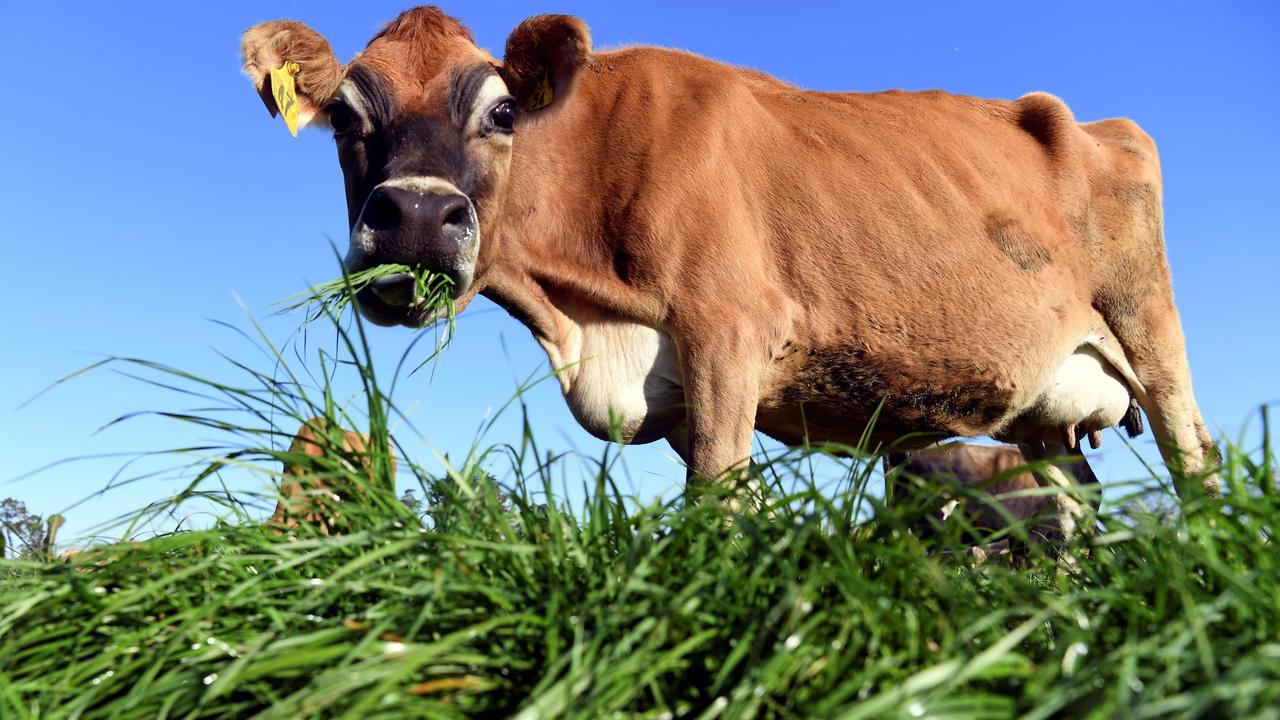Coronavirus Australia: Agricultural Workers’ Code agreed on by five states
In a breakthrough for the farming sector, five states and territories have agreed to adopt an Agricultural Workers’ Code to pave the way for the movement of ag workers across Australia. Here’s what it means.

AN AGRICULTURAL Workers’ Code has been adopted by five of Australia’s eight states and territories.
Prime Minister Scott Morrison said Queensland, Western Australia and Tasmania have refused to join, but South Australia, NSW and Victoria would adopt the code immediately. The ACT and Northern Territory have also agreed to the code.
“They will begin immediately to put that prescriptive code in place to facilitate greater engagement of agricultural workers and other important workers in the agricultural sector, so as to not dislocate what is occurring in the ag sector between those three states and territories,” Mr Morrison said.
Agriculture Minister David Littleproud drafted an Agriculture Workers’ Code that was put to his interstate counterparts earlier in the week, but it was swiftly rejected by Australia’s chief medical officers who sit on the Australian Health Protection Principal Committee.
It also failed to attract the support of South Australia and Queensland agriculture ministers, leaving Mr Littleproud, Victoria and NSW with no option but to go back to the drawing board.
A revised version was put to the heads of each state and territory and later adopted at today’s National Cabinet meeting. It’s main principles include:
ENSURING the agriculture industry, ancillary services and activities is not unnecessarily impeded by border arrangements for the movement of workers;
APPLYING health and safety practices in the agriculture industry, services and activities as appropriate to minimise the risk of COVID-19 transmission and support responsiveness where transmission occurs;
ALLOWING movement across borders will provide for animal health and welfare and biosecurity to be maintained.
WORKERS covered by the code will need to produce to border officials a valid border permit or equivalent approval, evidence of identity and confirmed place of primary residency, evidence of application of the code such as a letter of employment or property ownership and a COVIDSafe Workplace Health Management Plan for businesses.
RECORDS of movements and contacts must be maintained.
Mr Morrison said state leaders who did not agree to adopt the code would be watching closely to see how it progressed.
He said NSW and Victoria again expressed their keenness to open their border as soon as it was safe to do so, while every state and territory aside from Western Australia committed to a goal of removing hard borders by December.
Integral to that aim was a shift to a “hot spot” model, Mr Morrison said.
The initial definition of a hotspot is:
RURAL/REGIONAL areas: An average over three days of three locally acquired cases per day. This equates to more than nine cases in three consecutive days.
METROPOLITAN areas: An average of 10 locally acquired cases per day, equating to 30 cases in three days.
Victorian Farmers Federation president David Jochinke said today’s decision unlocked critical agriculture in Victoria and came as a huge relief to farmers.
“Let’s hope this announcement is one of many steps forward towards working as single, cohesive nation. Our farmers farm for Australia and we need to ensure we remove the barriers preventing them from doing their jobs.”
NSW Agriculture Minister Adam Marshall said the code was spearheaded by NSW, and attacked those states who chose not to adopt the code who he described as having shown “an abject failure of leadership” in allowing politics to trump the nation’s agricultural industry.
Agriculture Minister David Littleproud said all states that agreed to the code would adopt it within a fortnight.
“With a bumper crop expected due to improved seasonal conditions, today’s decision could not have come at a better time for farmers and agribusinesses in NSW, Victoria, SA, NT and the ACT.
“I congratulate the Prime Minister and those State Premiers who adopted the Code developed by their Agriculture Ministers,” Mr Littleproud said.
Details of the code are expected to be released on Friday.
MORE
SA AND QLD REJECT OPENING UP TO FARM WORKERS



